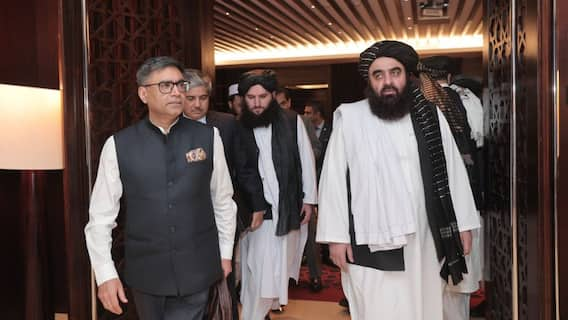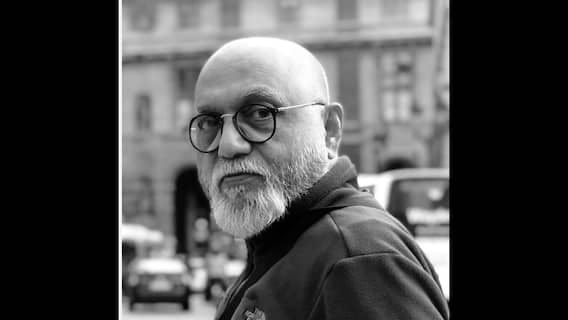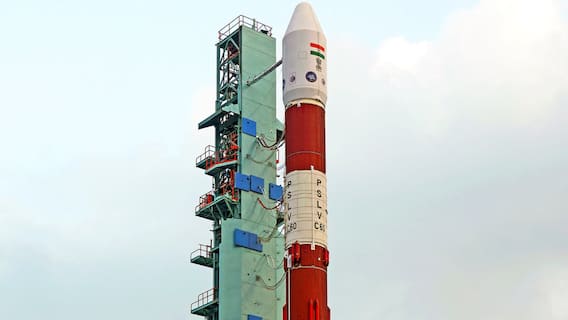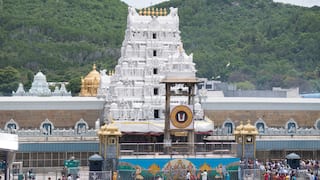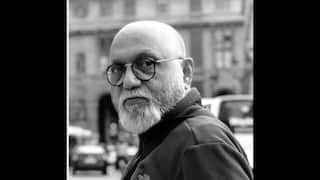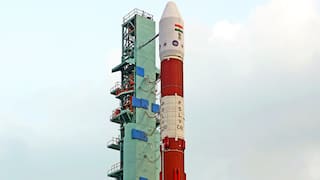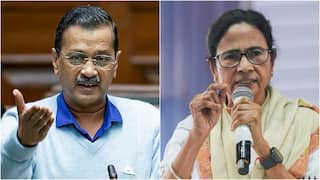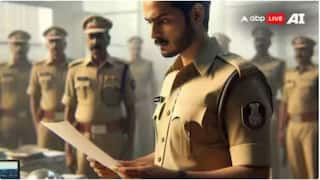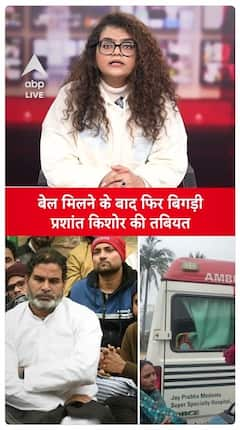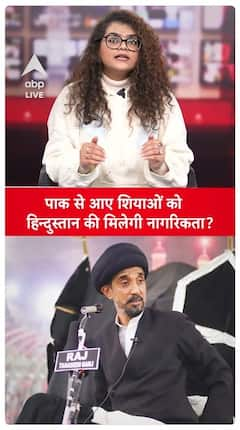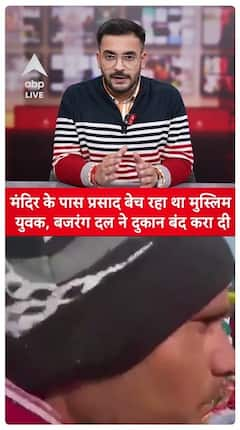Didn't March To Topple Russian Leadership: Wagner Chief Breaks Silence After Aborting Mutiny
Wagner chief Yevgeny Prigozhin released an eleven-minute audio message following a mutiny that threatened Russian President Vladimir Putin's grip on power.

In his first remarks after aborting a mutiny that briefly rocked Russia, Wagner chief Yevgeny Prigozhin said on Monday that his paramilitary group didn't march to overthrow President Putin's leadership, BBC reported.
In an eleven-minute audio message, Prigozhin said, "We were on a march to demonstrate our protest, not to topple the government."
"The aim of the march was to avoid destruction of Wagner and to hold to account the officials who through their unprofessional actions have committed a massive number of errors," he further said.
Prigozhin said Wagner regrets "they had to hit Russian aviation" and they turned around "to avoid spilling blood of Russian soldiers".
ALSO READ | The Wagner Group Rebellion: Unravelling The Rift Between Putin And Prigozhin
Speaking on the deal that was made to halt the Wagner revolt, Prigozhin claimed his outfit was "categorically against the decision to incorporate Wagner into the Defence Ministry".
He said commanders refused to accept the request to sign contracts with the Russian Defence Ministry. He also claimed that 30 of his men "were killed by Russian attacks".
The Russian Defence Ministry has denied Prigozhin's allegations that they killed some of his men in an airstrike.
Prigozhin said Belarusian leader Alexander Lukashenko played a major role in the deal and "extended his hand and offered to find ways for Wagner to continue its work legally".
Claiming that his outfit's march towards Moscow on Saturday revealed "serious security problems across the entire country", Prigozhin said his units had managed to block "all" Russian military units and airfields in their path.
ALSO READ | Russian Defence Min Makes First Public Appearance Since Wagner Group Demanded His Ouster
He also claimed that if Wagner's troops had carried out the first attack in Ukraine, "the special military operation" would have been over much sooner.
The mutiny ended when the Kremlin said criminal charges against the mutineers would be dropped in exchange for their return to camps.
However, the Kommersant newspaper and three Russian news agencies reported that the criminal case against Prigozhin remained open and was still being pursued. The prison time that the Wagner Group chief faces under Russian law for is 12-20 years.
Trending News
Top Headlines








